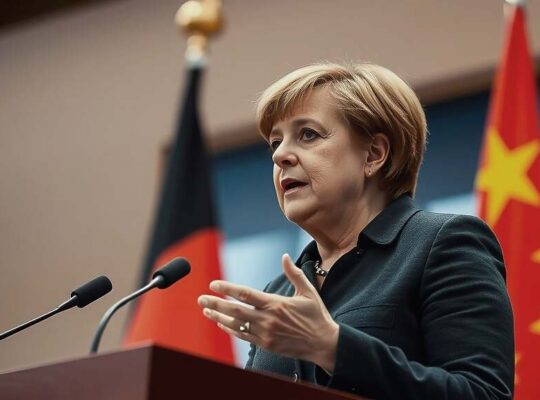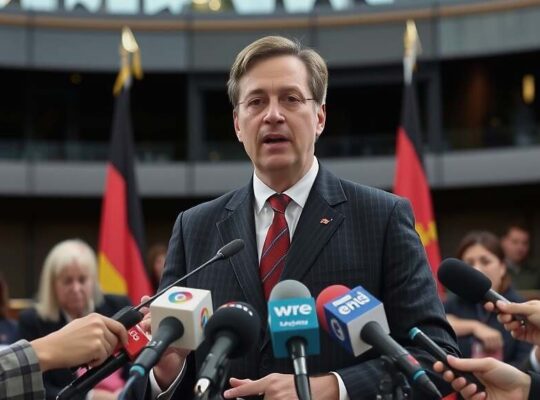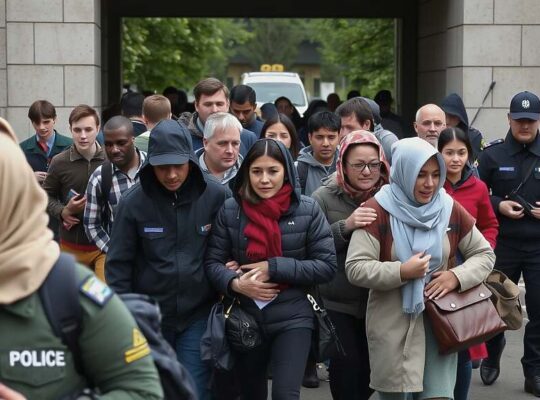The ruling coalition in Germany – comprised of the Christian Democratic Union (CDU), the Christian Social Union (CSU) and the Social Democratic Party (SPD) – has reached a consensus to significantly heighten security protocols for the nation’s 5G mobile networks, effectively streamlining the government’s power to remove specific components deemed a security risk. This shift, detailed in a report by “Handelsblatt”, represents a hardening of Germany’s stance towards Chinese telecommunications vendors like Huawei and ZTE, amidst growing concerns over potential espionage and cybersecurity vulnerabilities.
Previously, any decision to prohibit specific network components required unanimous approval from all relevant government departments. The forthcoming amendment to the Federal Office for Information Security (BSI) Act will significantly reduce this bureaucratic hurdle, granting the Federal Ministry of the Interior (BMI) the authority to mandate removals independently. While other ministries will be consulted, the final decision will rest with the BMI, even if objections are raised citing potential impediments to network expansion, according to SPD digital policy spokesperson Johannes Schätzl. The Ministry can justify its decisions based on perceived security risks, both during the installation phase and throughout the operational lifespan of network elements.
CDU politician Marc Henrichmann, chairman of the Parliamentary Control Body, emphasized the necessity of this adjustment, asserting it’s a proactive response to the evolving threat landscape. Henrichmann highlighted the unambiguous warnings issued by German intelligence agencies over recent months, labeling them as “clear and consistent”. He argued that maintaining governmental flexibility requires a serious consideration of such risks and corresponding decisive action.
Concurrently, the Federal Network Agency has unveiled a revised draft for the security catalogue governing telecommunications networks, elevating 5G base stations to the status of critical infrastructure components. This reclassification subjects radio installations themselves to more stringent requirements, broadening the scope of security protocols. According to Schätzl, this action sends a clear message to network operators: the BMI now possesses the authority to intervene within the access network, effectively granting them the power to incentivize compliance – “Act accordingly, or we will”. This shift raises questions about the potential for further restrictions and the broader implications for Germany’s telecommunications infrastructure and its relationships with international suppliers.












